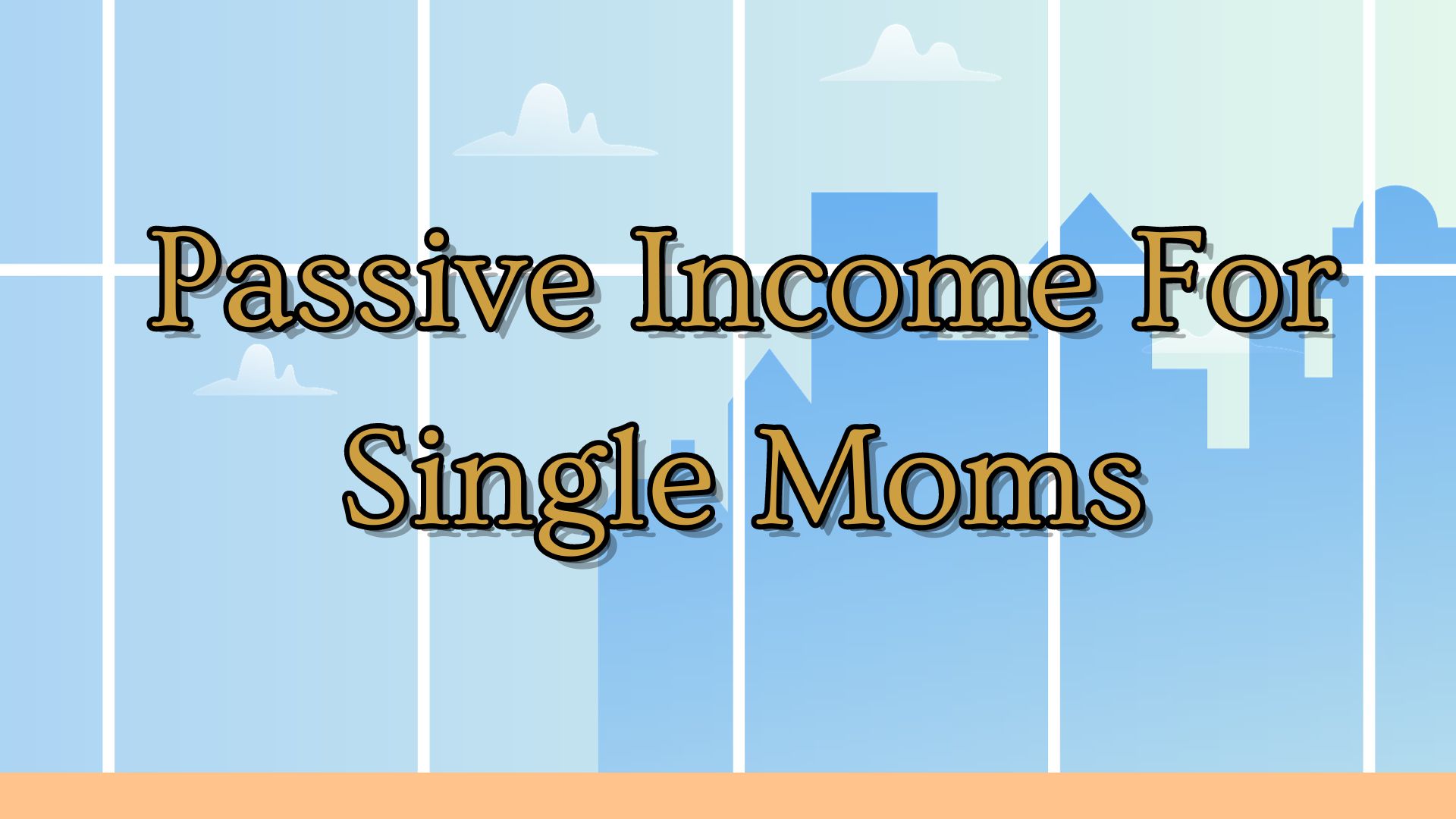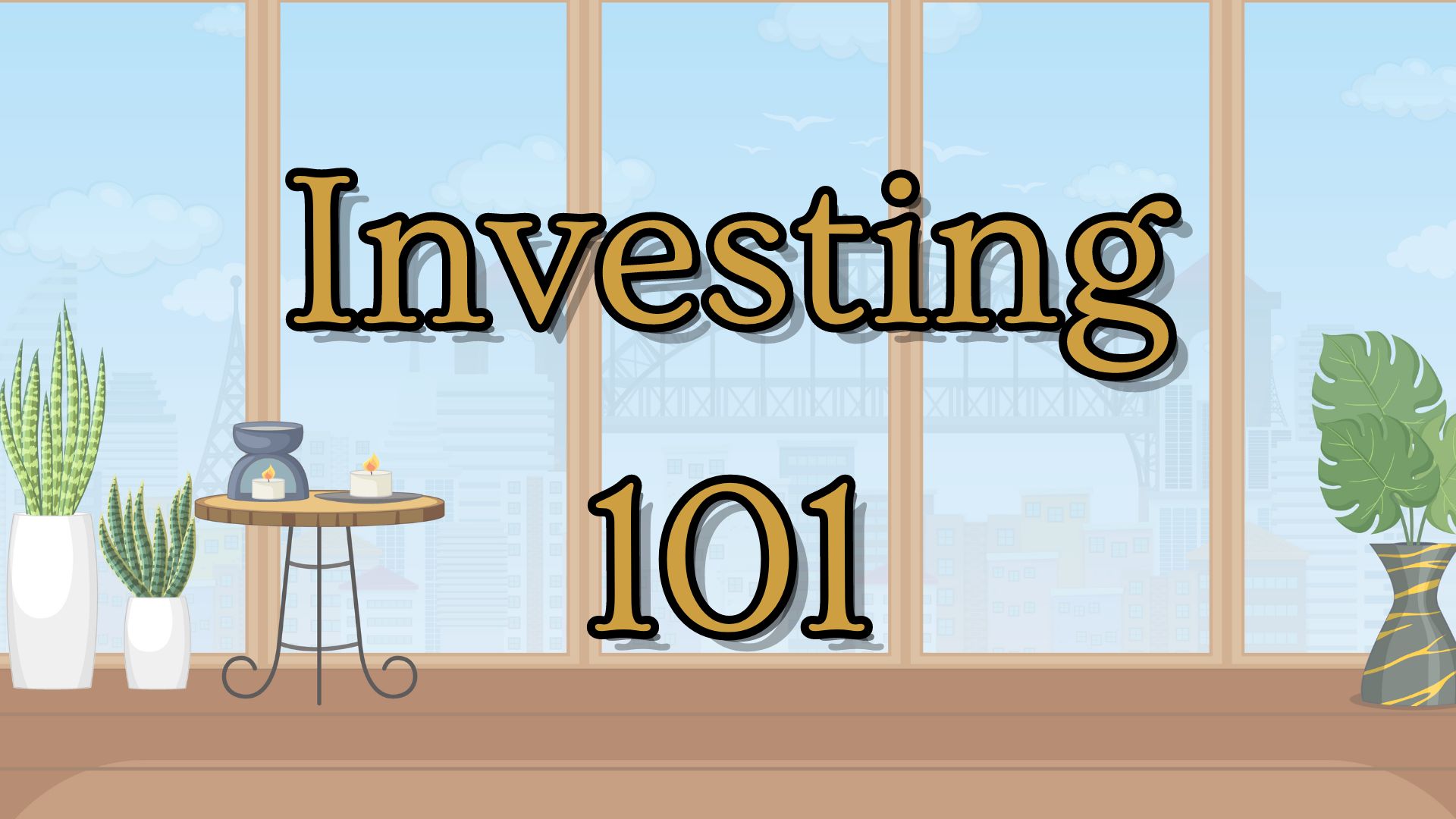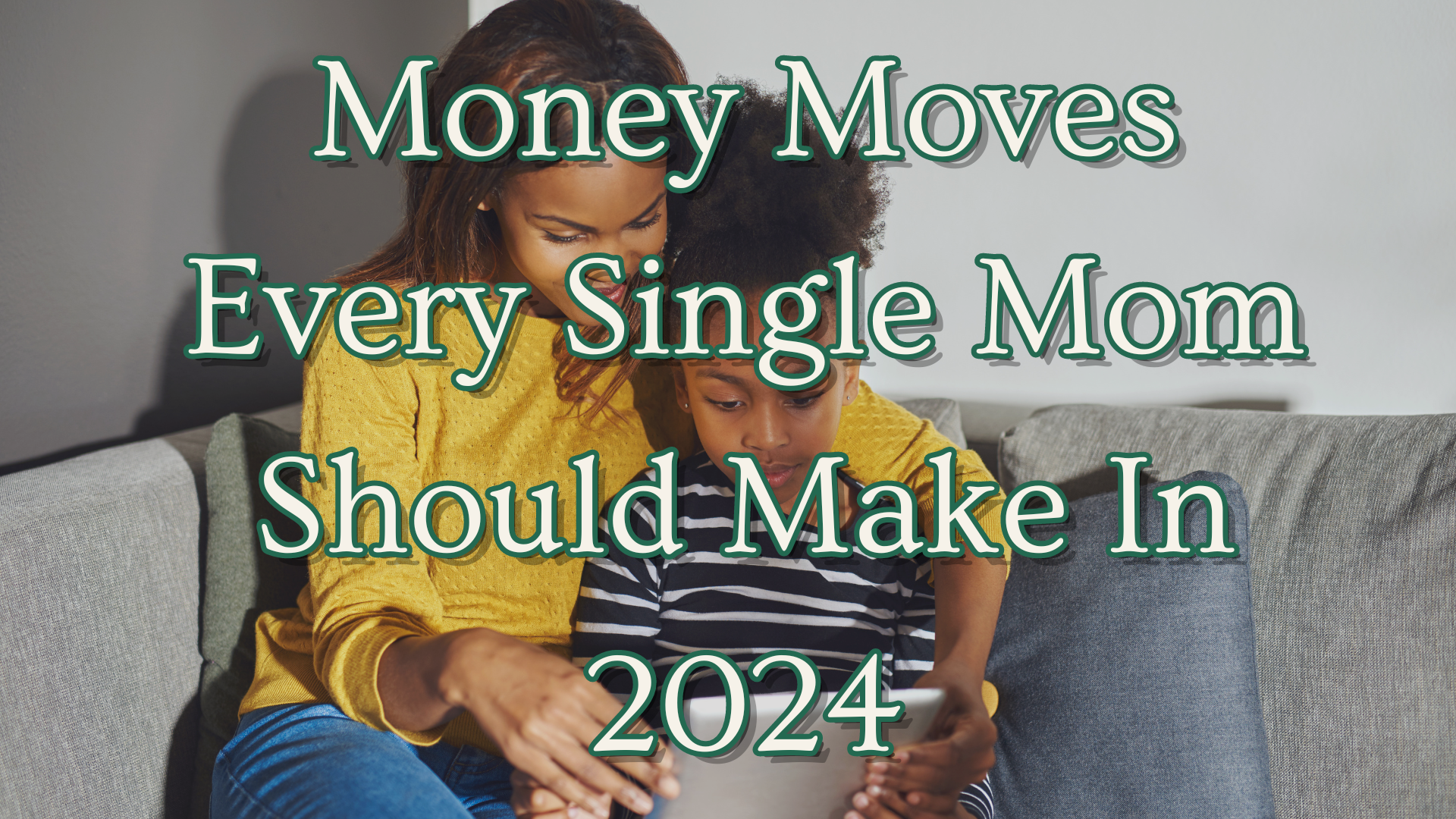
Share with a friend <3
Key Takeaways
- Overcome limiting beliefs: This home buying guide for single moms will help you buy a home with the right mindset and determination.
- Understand affordability: Know your financial limits and seek guidance to determine how much house you can truly afford.
- Credit score matters: Improve and monitor your credit score to secure better mortgage rates and increase your chances of loan approval.
“How in the world are they doing it?” I said to my best friend about other single mom homeowners in my area.
I knew that if one person could do it, then so could I. I just didn’t know how. I searched the internet, joined groups on Facebook, and even met with a realtor who gave me a little direction. But it still wasn’t exactly what I was looking for. I wanted to know the exact steps I needed to take to buy a home as a single mom.
In this blog post, I am going to give you just that! The exact steps I took to buy my first home. I documented everything during my home-buying journey so that I could later share it with you.
We’ll go over how much house you can afford, how to save for your down payment, and loan programs that offer loans to single parents. You can think of this as your guide to home ownership.
First Time Home Buying Guide For Single Moms
Would you rather watch than read? Click here to go to the YouTube version of this guide!
Your Mindset Matters
“No, one is going to give a single mom with no money a home loan”.
That was the limiting belief that held me back for so long. I believed that I would not get approved even if I did try but what I was really saying was
“Can I do this? Is owning a home possible for me?”
I’m here to tell you, YES! Yes, you can buy a home as a single mom. Yes, you can get your finances and credit score back on track to buy the home of your dreams.
The first thing you need to do is believe that it is possible. No one is holding you back and everything you are telling yourself in your head is a lie. It is possible.
The unknown is always scary. But as your mindset shifts, fear turns into determination and you realize that every step forward is a step toward a brighter future for you and your family.
Money Management For Home Ownership
The first step to becoming a homeowner is saving money, so it’s important that you develop a budget and stick to it. Create a budget of how much money is coming in each month. This includes your salary or any other income you get.
Then, list out all the things you spend money on, like bills and important stuff such as car insurance, gas, and the money you spend on food (aka your expenses). Then look for ways to save money wherever possible. If this means cutting back on eating out or not buying new clothes every week, so be it! You’ll thank yourself later when those savings add up over time.
Planning and budgeting are key here. If you are unable to save money and stick to a budget while renting, you will likely have a hard time if you buy a house to stick to your budget.
Know What You Can Afford
This is the most important step in the process, and it’s easy to get overwhelmed by all of the numbers flying around. It can be helpful to talk with a financial advisor or real estate agent who can help break down what you need to know into manageable chunks.
They’ll also help you figure out how much house you can afford based on your income and debt load–and how much of those costs are going towards things like property taxes and insurance (which often come with monthly premiums).
Know what type of mortgage works best for you: fixed rate vs adjustable rate mortgages (ARMs)
Get pre-approved for financing from a lender before looking at homes so that when it comes time for an offer on one property, there will be no surprises about whether or not they’ll accept it!

Knowing your credit score is important
It took me 12 months from start to finish to clean up my credit. Your credit score is one of the most important tools when buying your first home. It measures how much you can borrow and at what rate.
Lenders like to see a minimum credit score of around 650, anything under that your application may be denied. But don’t worry though, here is what you need to do to boost your credit score:
Pull your credit report:
- Head to annualcreditreport.com and request a free report from each of the three major credit bureaus (Equifax, Experian, and TransUnion). You’re entitled to one free report from each bureau every 12 months; if you live in California or Vermont this drops down to six months per bureau.
- If you have less than-perfect scores (a FICO score below 650), you may want to consider buying additional reports that could help improve them before applying for a mortgage loan; these cost around $20 each but can be worth it if they help boost an applicant’s chances of getting approved by lenders who require higher scores than other lenders do when approving borrowers.
Dispute Errors:
Correct any errors that may affect down payment requirements, securing loan amounts, or determining eligibility for down payment assistance programs. You can dispute things like incorrect names, incorrect addresses, and any debt that you believe does not belong to you. Be patient because it may take a couple of times for you to dispute to remove everything.
Paying Down Debts
It’s important to manage your debts, like credit cards or other loans, before applying for a home loan. By paying off some of your existing debts, you can improve your debt-to-income ratio, which is a significant factor for lenders. When your debt is lower compared to your income, it signals to lenders that you can handle a mortgage payment. This can make it easier for you to qualify for a home loan, get better interest rates, and move closer to achieving your goal of homeownership. So, focus on reducing your debts and pave the way for a smoother path to buying your own home.
Calculate Your Down Payment.
The down payment is the amount of cash you pay towards the purchase price of your home. It can be in the form of a lump sum, or it can be made up of several payments over time. The minimum down payment is typically 5% and the maximum is 25%.
How to calculate your down payment:
- Divide your target purchase price by 100 (example: $150,000 / 100 = $1,500). This gives us our monthly mortgage payment including taxes and insurance (PTI).
- Multiply that number by 12 months (example: 1,500 x 12 = 18,000). This gives us our annual PITI cost for living in this house for one year including taxes and insurance costs–which are usually billed quarterly or semi-annually depending on where you live
Figure Out Your Priorities
A good place to start is by figuring out what you need, want, and can afford. If you’re looking for a home that includes everything from an extra bedroom for guests to a large yard for the kids’ soccer practice, then budgeting for these things will be important.
You’ll also want to consider how much of your monthly income will go toward paying off the mortgage each month–and if there’s any wiggle room left over at the end of each paycheck. If not enough money is left over after paying all other bills (like utilities), then buying a house may not be feasible right now because it could cause financial strain on yourself or others close by who depend on those funds as well as add stress into an already stressful situation like single parenthood!

Apply For Home Loan Programs For Single Mothers
Because of my time in the military, I was able to get approved for VA loans through the Veteran Affairs Administration. However, if you did not serve in the military there are several home loan programs aim to support single mothers in their pursuit of homeownership:
Down Payment Assistance:
Many states, cities, and private organizations offer down payment assistance programs. These initiatives are designed to ease the financial burden on low-income families by allowing them to make a smaller down payment on their homes. This, in turn, makes homeownership more accessible without the strain of high monthly payments. Individuals who qualify for these programs may also be eligible for grants or assistance to cover closing costs.
2. Federal Housing Administration (FHA) Loans:
FHA loans are backed by the Federal Housing Administration, providing a government-supported option for homebuyers. These loans typically offer more flexible credit score requirements and lower down payment options, making them especially helpful for those with limited financial resources.
3. Mortgage Insurance:
Mortgage insurance is often a part of FHA loans. This insurance protects the lender in case the borrower defaults on the loan. For individuals with lower down payments or credit scores, mortgage insurance can make it possible to qualify for a mortgage and achieve homeownership.
4. Payment Assistance Programs:
In addition to down payment assistance, there are various payment assistance programs available. These programs aim to reduce the financial strain associated with monthly mortgage payments. They may offer subsidies or adjustments to the interest rate, making it more manageable for single mothers to sustain homeownership.
5. Home Buyer Education Programs:
These programs play a crucial role in educating prospective homeowners, including single mothers. They cover essential financial management skills to help individuals avoid pitfalls like overspending on credit cards. Moreover, these programs provide insights into property ownership, including determining the necessary insurance coverage and estimating maintenance costs.
6. Private Mortgage Insurance (PMI):
For individuals who do not qualify for FHA loans, private mortgage insurance (PMI) can be an alternative. PMI helps borrowers with lower down payments secure a mortgage by protecting the lender in case of default. Although it adds cost, it enables individuals to enter the housing market with a more affordable upfront payment.
Set Up A Home Search Plan And Stick To It!
You will need to set up an affordable home search plan and stick to it! This will help you stay focused on what’s most important in your search, which is finding the right home for your family. Here is how I created my home search plan.
Make a list of what you want in a home. Do this before getting started so that when something comes up that isn’t compatible with your list, such as the price or location, it’s easy for you to decide whether or not this house is worth considering further.
Be realistic about what you can afford; don’t get wrapped up in dreams of owning a huge mansion if reality says otherwise!
Make sure there are no surprises at closing time–set aside enough money for both down payment and closing costs (e., appraisal fees).
Find A Real Estate Agent You Trust
Choosing the right real estate agent is a crucial step in the home-buying journey. Your real estate agent plays a big role in guiding you through the process, ensuring that your interests are the top priority.
My real estate agent was a friend from high school, who was very knowledgeable about his field. It’s important to find someone trustworthy and knowledgeable, someone who knows the ins and outs of the real estate world.
When searching for a real estate agent, consider asking your family and friends for recommendations. Their experiences can give you insights into the agents’ professionalism and reliability.
Additionally, online platforms like Yelp or Angie’s List provide reviews from people who have used local real estate services. These reviews can be valuable in helping you make an informed decision. A good real estate agent can make the home-buying process smoother and less stressful, ensuring that you find the perfect home for you and your family

To all the single moms out there: Your journey may be challenging, but remember, diamonds are formed under pressure. Shine bright and never stop believing in yourself.
– Oprah Winfrey
Frequently Asked Questions
Can I afford a house as a single mom?
Absolutely, single moms can afford to buy a house! While it may seem challenging, with careful planning and budgeting, homeownership is attainable. Start by assessing your finances, saving for a down payment, and researching mortgage options tailored for single-income households. Remember, homeownership is a journey, not a race. Stay informed, set realistic goals, and seek guidance from financial experts to make your dream home a reality.
What kind of credit score do you need to buy a house
A good credit score significantly influences your ability to buy a house. Generally, a score of 620 or higher is considered favorable by most lenders, though some may accept scores in the 500s with additional requirements or higher interest rates. However, aim for a score above 700 to qualify for better mortgage rates and terms. Regularly monitoring your credit, paying bills on time, and reducing debt can help improve your score and enhance your home-buying prospects.
Can a single mom with low income buy a house
Yes, single moms with low income can still buy a house! Explore various homeownership programs, grants, and assistance available for individuals with limited financial resources. Consider alternative financing options, such as FHA loans, designed to support first-time buyers and those with lower incomes. Additionally, prioritize saving, seek affordable housing in your desired area, and consult with housing counselors to navigate the process successfully. With determination and support, homeownership can be within reach for single moms at any income level.
Anna Be.
Singled Out Wealth is the first single parent blog focused solely on finance. Our mission is to motivate, inspire and give single parents the financial tools needed to pursue financial independence.


























0